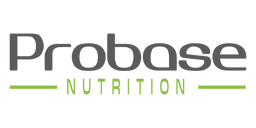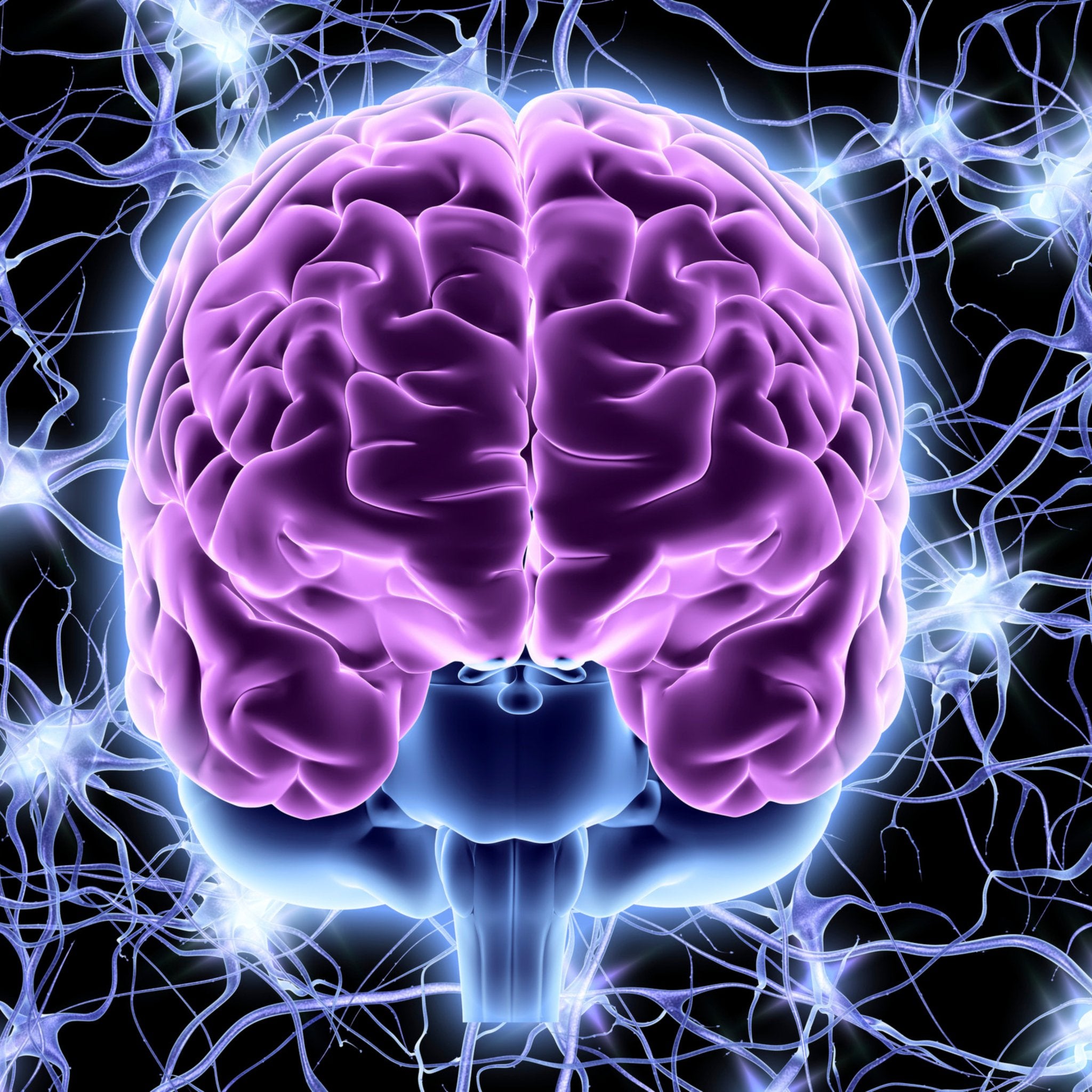Introduction:
As we age, maintaining optimal health and well-being becomes increasingly challenging. Thankfully, scientific advancements have led to the discovery of powerful supplements that may support healthy aging and cellular vitality. One such supplement gaining popularity is Probase Nutrition's NMN (Nicotinamide Mononucleotide) powder. In this blog, we will delve into the scientific evidence supporting the benefits of NMN and explore how long it takes for these benefits to manifest.
Understanding NMN and Its Mechanism of Action:
NMN is a naturally occurring compound found in trace amounts in various foods, such as broccoli, cabbage, and edamame. It is a precursor to NAD+ (Nicotinamide Adenine Dinucleotide), a coenzyme critical for various cellular processes, including energy production and DNA repair. As we age, NAD+ levels decline, leading to cellular dysfunction and accelerated aging. NMN acts as a precursor to NAD+ and is believed to replenish its levels, thereby supporting cellular health and vitality.
Clinical Studies Supporting the Benefits of NMN:
- Enhanced Cellular Energy Production: A study published in the journal Cell Metabolism (Mills et al., 2016) demonstrated that NMN supplementation in older mice increased NAD+ levels and improved mitochondrial function. This resulted in enhanced cellular energy production and increased exercise capacity. Although the study was conducted on mice, the findings indicate that NMN may have similar benefits in humans.
- Improved Cardiovascular Health: Researchers at Harvard Medical School conducted a study on mice, revealing the potential of NMN in improving cardiovascular health (Das et al., 2018). The study found that NMN supplementation promoted blood vessel dilation, reduced arterial stiffness, and enhanced blood flow, all of which are essential for maintaining cardiovascular health.
- Cognitive Support: In a study published in the journal Cell Reports, researchers investigated the effects of NMN on cognitive function in aged mice (Long et al., 2015). The results demonstrated that NMN supplementation improved cognitive performance and memory retention, suggesting its potential in supporting brain health.
- Cellular DNA Repair: A study published in Science (Fang et al., 2016) showed that NMN treatment boosted DNA repair and improved the integrity of cells' genetic material. This ability to enhance cellular DNA repair mechanisms is crucial for maintaining healthy cells and delaying the aging process.
The Timeframe for NMN Benefits:
The timeframe for experiencing the benefits of NMN supplementation can vary from person to person. Factors such as individual health status, age, dosage, and overall lifestyle can influence the speed at which NMN exerts its effects. However, based on the available clinical studies, many individuals may start to notice changes after consistent use for several weeks to a few months.
It is essential to remember that nutritional supplements, including NMN, are not a magical cure-all. To maximize the benefits of NMN, it should be complemented with a balanced diet, regular exercise, and a healthy lifestyle.
Conclusion:
Probase Nutrition's NMN powder offers a promising solution for those seeking to support healthy aging and cellular vitality. Backed by numerous clinical studies, NMN has shown potential in enhancing cellular energy production, supporting cardiovascular health, improving cognitive function, and promoting cellular DNA repair. The timeframe for experiencing these benefits may vary from person to person, but with regular use and a healthy lifestyle, many individuals may begin to notice positive changes in their overall well-being. As with any supplement, it is advisable to consult with a healthcare professional before starting NMN supplementation, especially if you have any pre-existing medical conditions or are taking other medications.
References:
1. Mills, K. F., Yoshida, S., Stein, L. R., Grozio, A., Kubota, S., Sasaki, Y., ... & Imai, S. I. (2016). Long-term administration of nicotinamide mononucleotide mitigates age-associated physiological decline in mice. Cell Metabolism, 24(6), 795-806.
2. Das, A., Huang, G. X., Bonkowski, M. S., Longchamp, A., Li, C., Schultz, M. B., ... & Sinclair, D. A. (2018). Impairment of an endothelial NAD+-H2S signaling network is a reversible cause of vascular aging. Cell, 173(1), 74-89.
3. Long, A. N., Owens, K., Schlappal, A. E., Kristian, T., & Fishman, P. S. (2015). Nicotinamide mononucleotide (NMN) supplementation ameliorates the impact of maternal obesity in mice: comparison with exercise. Scientific Reports, 5, 17192.
4. Fang, E. F., Kassahun, H., Croteau, D. L., Scheibye-Knudsen, M., Marosi, K., Lu, H., ... & Bohr, V. A. (2016). NAD+ replenishment improves lifespan and healthspan in ataxia telangiectasia models via mitophagy and DNA repair. Cell Metabolism, 24(4), 566-581.


